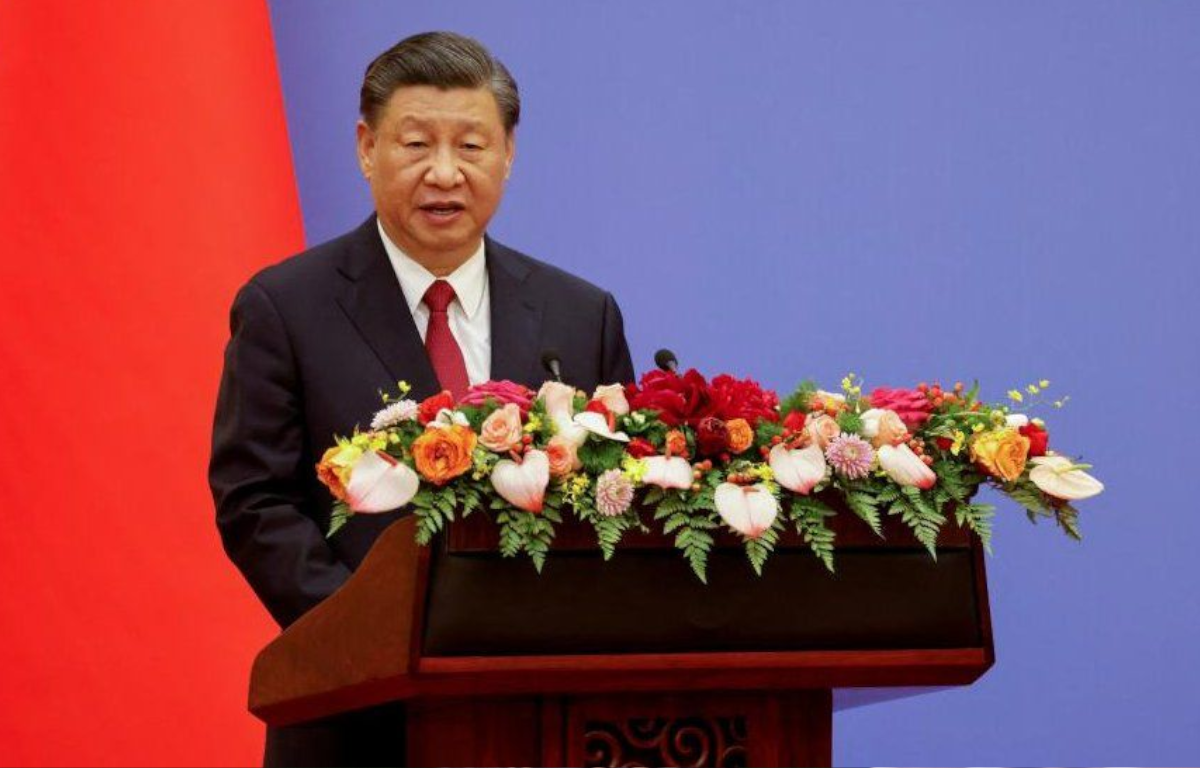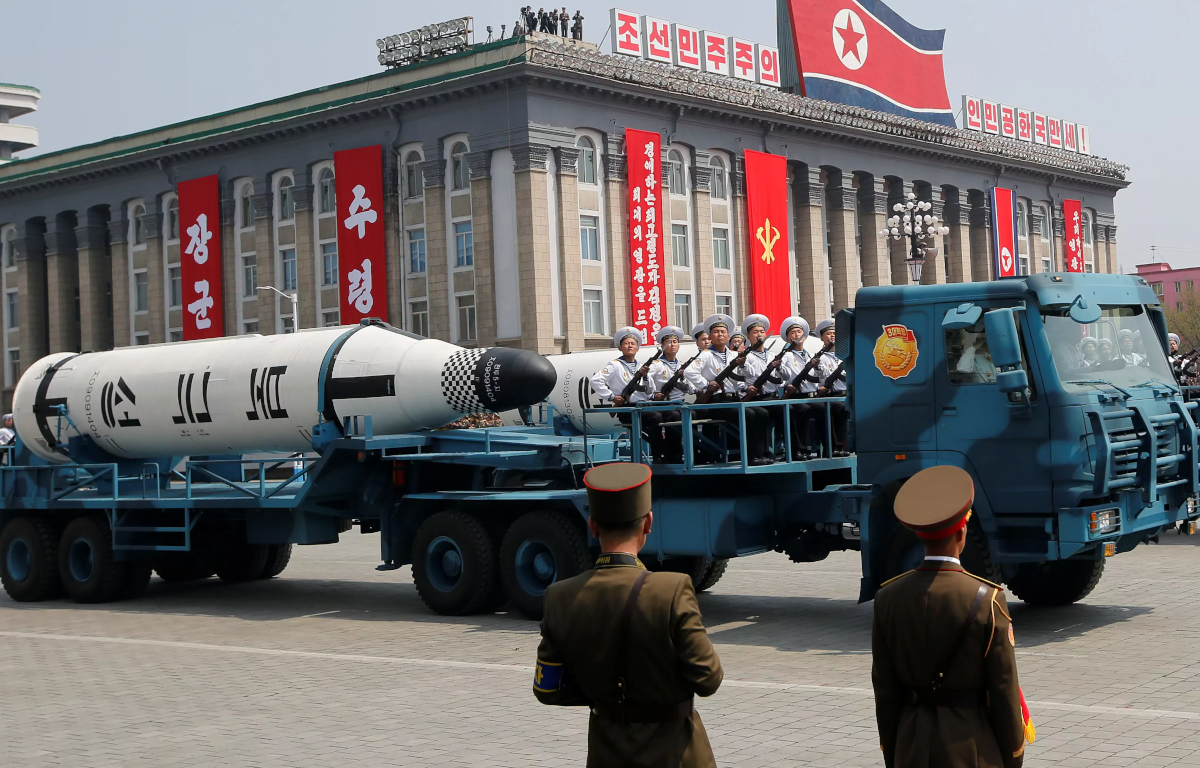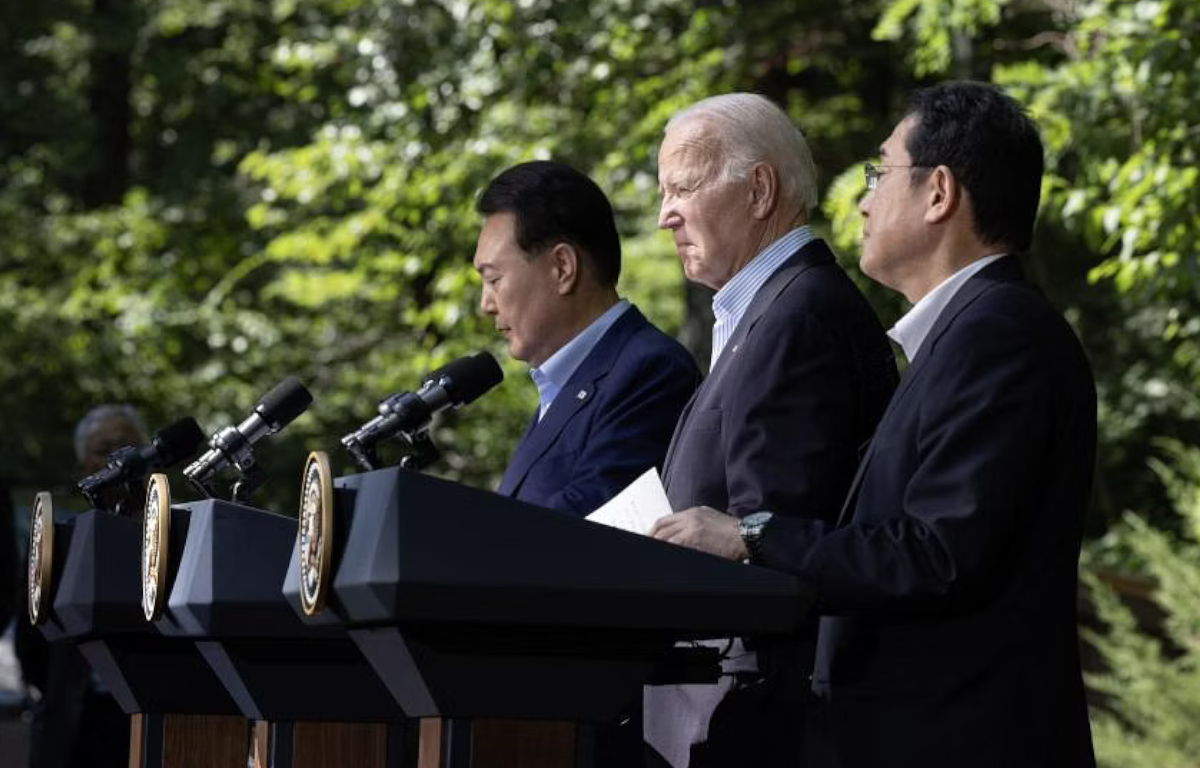
This resurgence in jungle training reflects a broader reorientation of military strategies to meet evolving threats and maintain a competitive edge in contested environments.
In recent years, there has been a notable pivot in US defense strategy towards great power competition, notably with China. This shift acknowledges the changing dynamics of global security, where traditional threats are supplemented by emerging challenges in areas such as cyber warfare, space dominance, and influence operations.
Amidst this backdrop, the lush jungles of Southeast Asia and other regions have once again become theaters of strategic importance. These dense, challenging environments offer unique tactical advantages and pose distinctive challenges that necessitate specialized training and expertise.
US special operations forces, renowned for their adaptability and agility, are returning to their roots in jungle warfare. These elite units, including Army Special Forces (Green Berets), Navy SEALs, and Marine Corps Special Operations Command (MARSOC), are investing time and resources into honing their jungle survival skills, small unit tactics, and unconventional warfare techniques.
Jungle warfare training encompasses a range of critical skills, from navigating dense vegetation and conducting stealthy movements to surviving in harsh tropical conditions and engaging in close-quarters combat. Special operators are trained to operate independently for extended periods, relying on their resourcefulness and resilience to accomplish missions in challenging terrain.
The renewed focus on jungle warfare is directly linked to countering China’s expanding influence in the Indo-Pacific region. China’s strategic ambitions, including its military modernization efforts, maritime assertiveness, and economic initiatives such as the Belt and Road Initiative (BRI), have raised concerns among US military planners.
The jungles of Southeast Asia, in particular, hold strategic importance due to their proximity to key maritime chokepoints, critical infrastructure, and potential areas of conflict. Special operations forces are being trained to operate effectively in these environments, conducting reconnaissance, unconventional warfare, and counterinsurgency operations as part of a broader strategy to deter Chinese expansionism and protect US interests.
Jungle warfare presents unique challenges that require specialized training and equipment. From combating tropical diseases and navigating dense foliage to operating in extreme humidity and conducting stealthy insertions, special operators must be prepared for a range of scenarios.
However, jungle environments also offer opportunities for unconventional tactics, leveraging natural concealment, surprise, and mobility to gain strategic advantages. Special operations forces excel in exploiting these opportunities, using their expertise to conduct surgical strikes, gather intelligence, and build partnerships with local allies.
The return to jungle warfare training reflects the dynamic nature of modern warfare and the strategic imperatives of countering emerging threats, particularly China’s assertive posture in the Indo-Pacific. US special operations forces, with their specialized capabilities and adaptive mindset, are poised to excel in this challenging environment, contributing to a broader strategy of maintaining deterrence, enhancing regional stability, and safeguarding US interests in a complex and evolving global landscape.










Share this: